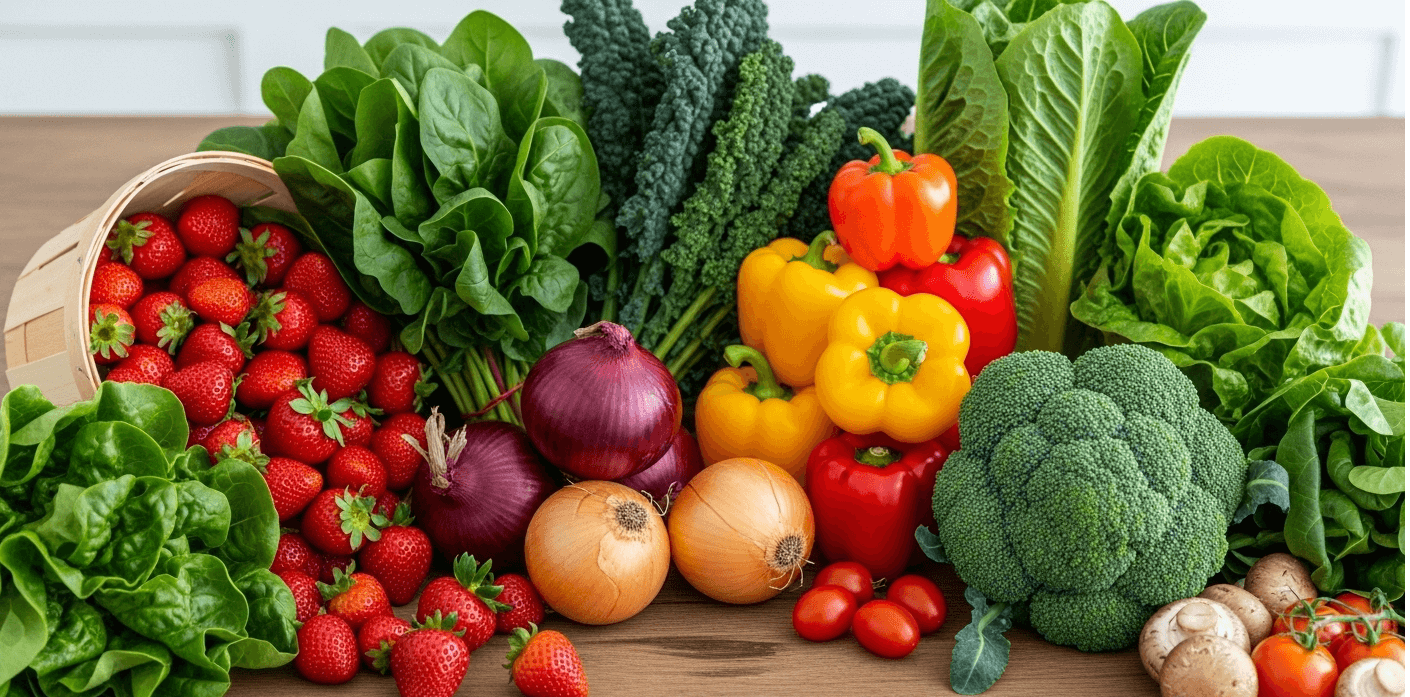
Unlocking the Hydration Power of Watermelon
Watermelon, not just a sweet summer delight, is essential for hydration thanks to its impressive water content—about 90% of its total weight! This makes it an excellent snack for those hot days at the beach or after an intense workout. Hydration is crucial, as it supports bodily functions, from regulating temperature to aiding in digestion.
Essential Nutrients in Every Slice
Beyond its water content, watermelon is packed with essential vitamins and minerals. One juicy bite can offer:
Vitamin C: Approximately 21% of the recommended daily intake, which helps boost your immune system, promotes skin health, and aids in wound healing.
Vitamin A: Important for vision and skin health and found in the beta-carotene that gives watermelon its vibrant color.
Potassium: Vital for blood pressure regulation and proper muscle function.
Magnesium: Involved in energy production and muscle function, adding to the fruit's health-promoting properties.
The Antioxidant Boost You Didn't Know You Needed
Watermelon also boasts an impressive array of antioxidants, including lycopene, citrulline, and beta-carotene:
Lycopene: This potent antioxidant may reduce the risk of certain cancers and heart disease while promoting eye health.
Citrulline: Linked to improved blood flow and muscle soreness reduction, aiding your exercise performance.
Beta-Carotene: Found not only in watermelon but other fruits and vegetables, it is necessary for skin health and vision, potentially lowering the risk of age-related conditions.
Heart Health: A Slice of Cardiac Defense
The lycopene and citrulline found in watermelon contribute significantly to heart health. By regulating blood pressure and improving blood circulation, incorporating watermelon into your daily diet can be a delicious way to maintain cardiovascular health. Eating this refreshing fruit regularly may lead to lower cholesterol levels and a reduced risk of heart disease.
Weight Management Made Delicious
If you’re looking to maintain or lose weight, watermelon can be a fantastic ally. Its low calorie density—coming in at around 30 calories per 100 grams—means you can enjoy a satisfying portion without worrying about excess calories. Plus, the high water content provides a satisfying crunch that can keep you feeling full between meals.
Tools for a Healthier Lifestyle: Incorporating Watermelon into Your Diet
Including watermelon in your meals is simple and fun! Here are a few ways to enjoy this fruit:
Add it to salads for a refreshing crunch.
Blend it into smoothies for a hydrating boost.
Grill watermelon slices for a unique twist at your next barbecue.
Create a watermelon salsa with lime, jalapeños, and mint for a zesty topping on grilled fish or chicken.
Real-Life Benefits: Watermelon Beyond the Plate
Watermelon is more than just a taste of summer; it can be a connection point for friends and family. A summer picnic isn’t complete without a watermelon centerpiece, bringing generations together to share stories and laughter. Embracing a healthy lifestyle doesn’t only mean eating right but also enjoying moments of joy with loved ones.
Taking Charge of Your Well-being
Equipping yourself with knowledge about the foods you eat empowers you to make better choices. Watermelon is more than just a hydrating fruit—it’s a colorful , nutrient-packed powerhouse that supports your health in multiple ways. So next time you bite into this refreshing summer staple, remember that you are nourishing your body while enjoying one of nature's sweet treats.
Adopting a healthier lifestyle is within your reach. By incorporating nutritious foods like watermelon and staying active through movements like yoga, you can enhance your overall well-being. Start today by exploring new ways to include more nutritious and delicious fruits in your diet!
 Add Row
Add Row  Add
Add 




Write A Comment